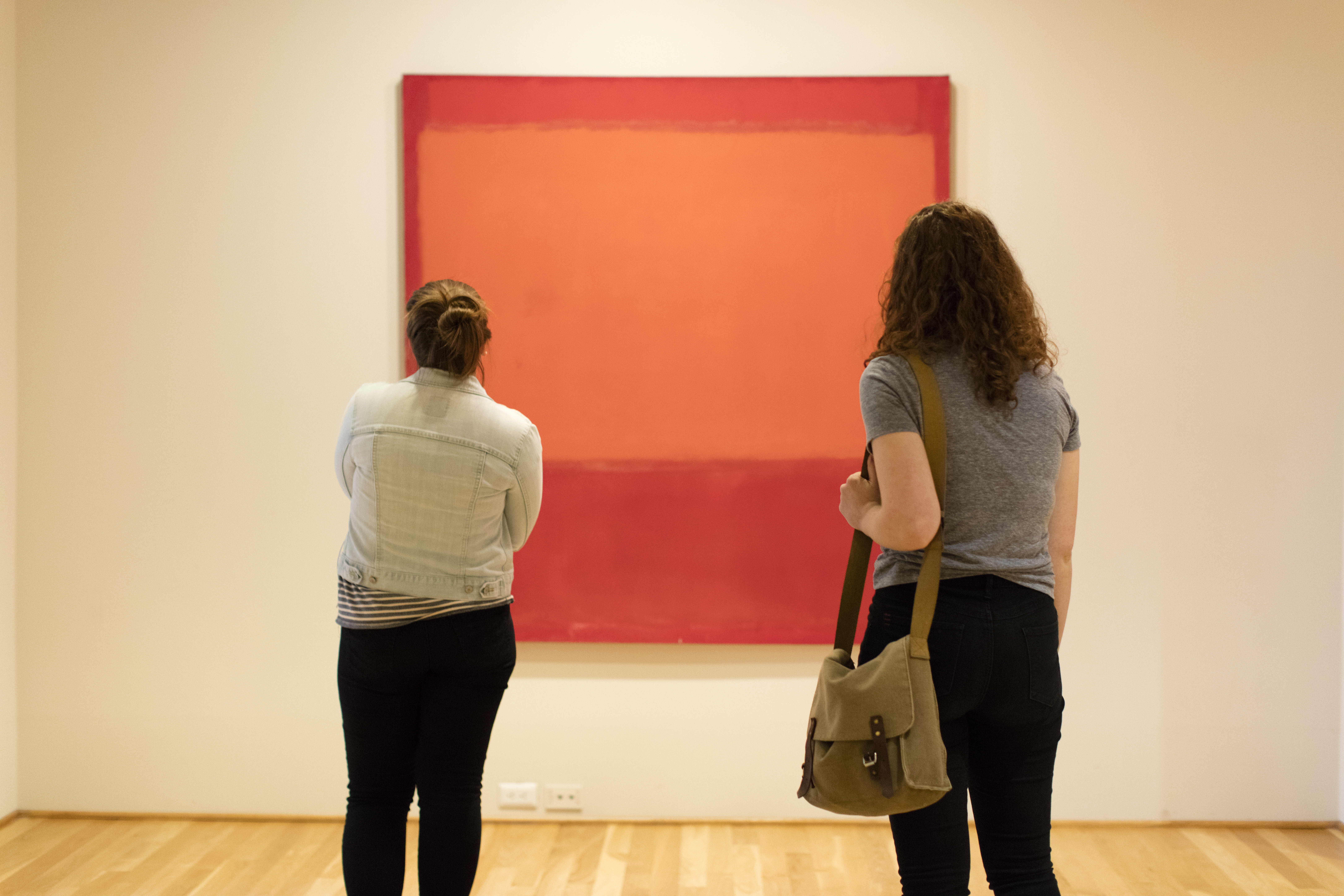
For Santana Kavanaugh, a rising senior at the Gallatin School of Individualized Study and first-generation college student, critical race theory isn’t a political buzzword. It’s a lens through which to examine her lived reality—and imagine a more just future. At NYU Gallatin, Santana combined her interests into a concentration of study that uniquely fits her goals. Then, she used her specialized concentration to gain experience and develop her path further.
Formulating a Concentration
Santana grew up in rural Kentucky in a politically conservative—and mostly white—area of the country. She was the only Black student in her entire high school. “That definitely impacted my experience in terms of the racial trauma I endured from my peers,” she says. At NYU Gallatin, she saw an opportunity to immerse herself in a more diverse community. Meanwhile, Santana could shape a personalized course of study around her academic interests.
Gallatin students work closely with a faculty adviser to design a specialized concentration. Rather than a major, this individualized education reflects the student’s interests and goals. “I’ve always been an advocate for looking at African American oppression through the lens of human rights,” Santana says. “But I also wanted to help the general population of minorities.” Together with her adviser, Professor Myisha Priest, she came up with the perfect concentration for her interests: critical race theory, human rights, and minority studies.

Finding a Path to the Future
Plunging into her concentration quickly led Santana to the Gallatin Global Fellowship in Human Rights. Through this program, students take a course on international human rights and human rights law and then complete an internship in their field. For Santana, that was a 10-week internship with the National Association of Criminal Defense Lawyers (NACDL) in Washington, DC. While interning with the NACDL, she worked to draft a simulated UN resolution for reparations for African Americans. She also composed a report on the genocidal effects of mass incarceration on the African American population.
The experience was illuminating. In fact, it helped Santana identify a path she hadn’t dared dream of before: reparations law. “Reparations law is something that isn’t yet legitimized in the legal field,” she says. “But after working with the NACDL, I was able to find a community of individuals who were working toward reparations. That gave me confidence in the fact that reparations law is something that’s really a possibility for me.” Since Santana was able to craft a personalized course of study, she’s uniquely positioned to make that dream a reality. “I feel like if I can create my own concentration, I can also create a future for myself out of something that isn’t yet an existing career. Gallatin gave me the confidence to trailblaze.”
Currently, Santana is completing her Gallatin degree in tandem with a master’s degree in Nonprofit Management and Policy from the NYU Wagner Graduate School of Public Service as part of a five-year dual-degree program. This summer she’ll study away at NYU Accra, where she hopes to get direct experience working in the nonprofit world to further deepen her understanding of humanitarian and nonprofit work.
She’s also in the process of developing her own nonprofit called Eating Good. This nonprofit is inspired by her personal experience growing up in a low-income household and not often having access to or awareness of healthy food. “I realized that I wanted to try to make a change so that people who are low income have the opportunity to eat a healthy diet. I don’t think nutritious meals should be a privilege,” says Santana. The organization will partner with local farmers to raise nutrition literacy and provide people in low-income, rural areas with nutrient-packed meals.

Inspiring Hope
Where does she get the motivation to do it all? “As a first-generation student, I am pursuing these opportunities and trying to do as much as I can because of the impact that it has,” Santana explains. “I go home and my family gathers inspiration from what I’m doing.”



